Fall is a great time for outdoor photography. Nature undergoes a beautiful change in color, making the surroundings vibrant. Even the lighting gets a whole lot better during autumn, giving us photographers a great opportunity. In this video, photographer David Flores from B&H shares six tips on how to take great fall photos that will make you proud:

1. Choose Your Location Wisely
While location is important in almost any type of photography, you should pay special attention when choosing your location for fall photography. Make sure that your location showcases the gentle light and warm colors of autumn. Look out for places where the leaves are changing colors to capture the essence of the season.
2. Go for Depth
The cool conditions in autumn cause pollution to settle, allowing you and your camera to see clearer and farther. Haze becomes less of an issue during fall. Make the most of the conditions by shooting with a smaller aperture to capture greater depth.
3. Shoot Wide
Shooting wide allows you to compose with the colors and textures of the season together. Capture more of the beauty by shooting wide. Also, go ahead and see if you can fill your single wide frame with color.
4. Use Action in Your Scene
“Action is a great way to celebrate autumn.”
What actions do you think of when someone says autumn? Playing with the leaves, pumpkin picking, and sipping hot apple cider? Include fall activities if you plan to photograph people. It will make the image more relevant.
5. Take Advantage of the Light
Be sure to take advantage of the beautiful lighting that occurs during the season. Mornings get the soft glow of the sun accompanied by beautiful low hanging fogs. And sunsets are blessed with magical light that gives the sky a burning effect. Photographing the varying colors of nature in these beautiful lighting conditions should not be missed.
6. Bring the Right Gear
Tripods and filters are great companions for your camera in the fall. While the use of a tripod helps to stabilize your camera, it also allows you to experiment with slower exposures.
Polarizers, neutral density filters, and graduated ND filters, on the other hand, can help you in getting better contrast and balancing exposure.
I hope you can utilize some of these tips to improve your fall photography. If you have any tips of your own, please share them with us!
Like This Article?
Don't Miss The Next One!
Join over 100,000 photographers of all experience levels who receive our free photography tips and articles to stay current:
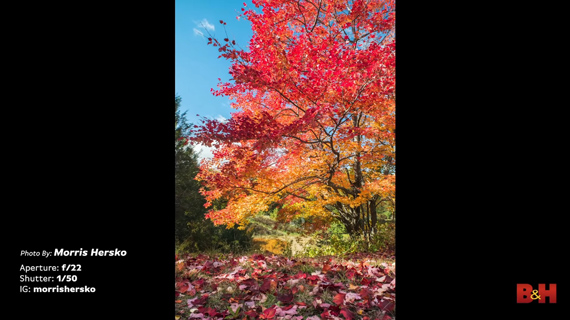
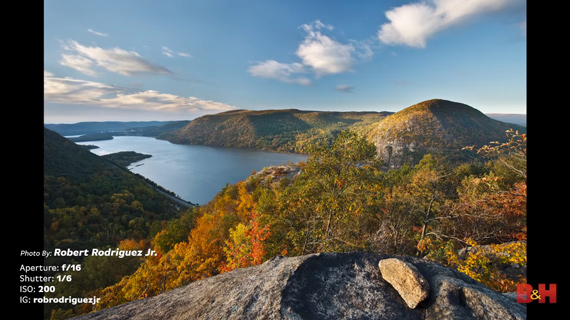
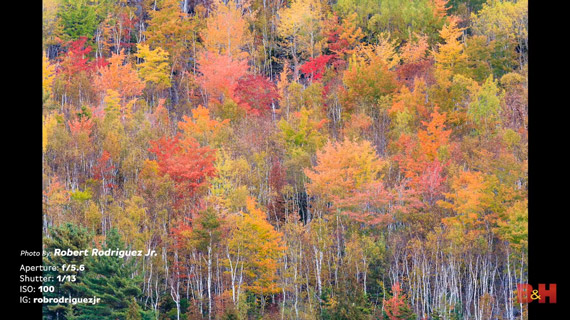
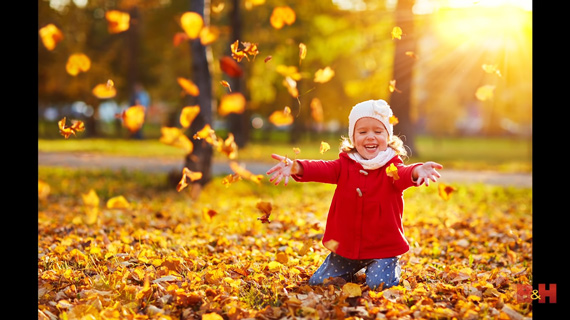
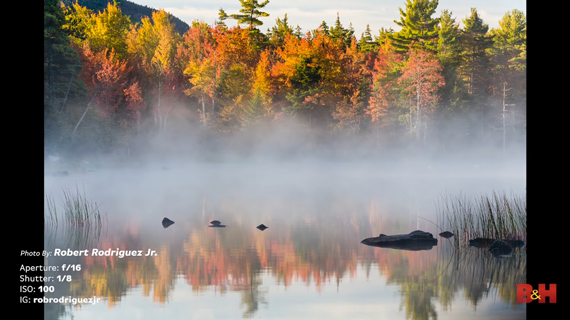
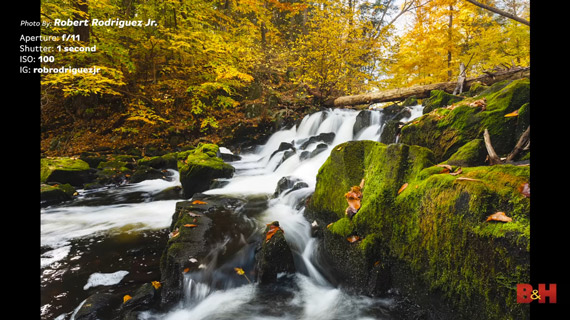
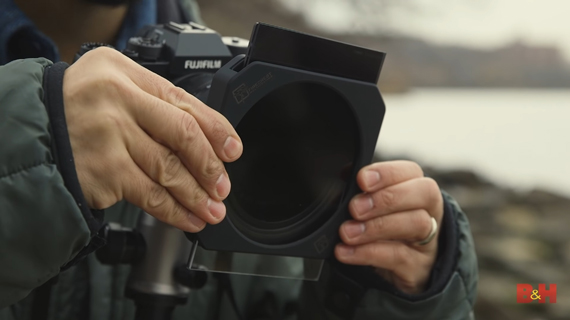


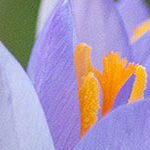


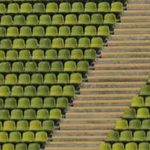
Leave a Reply